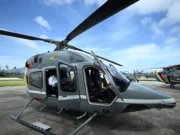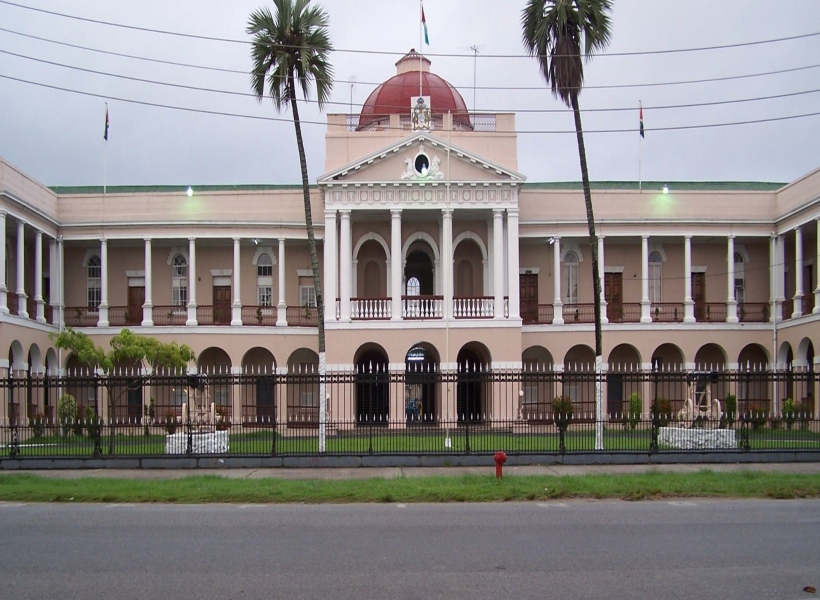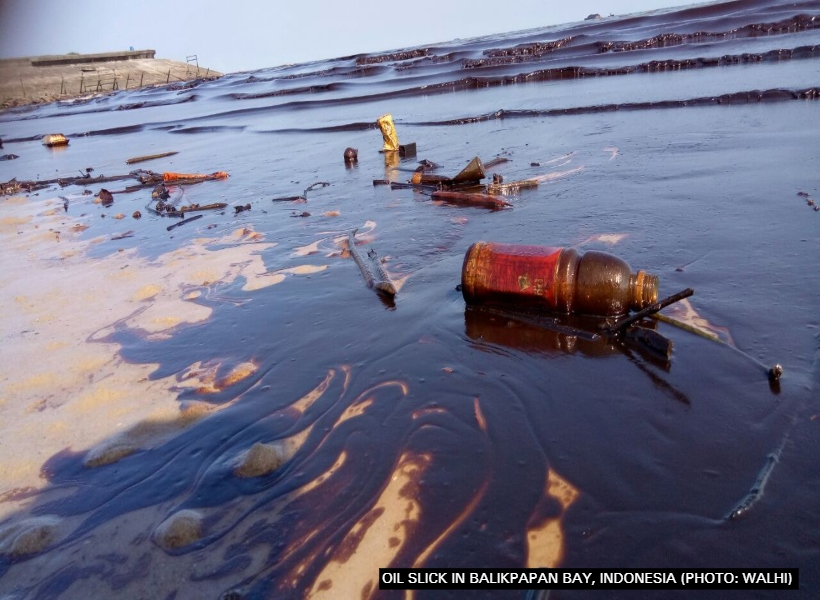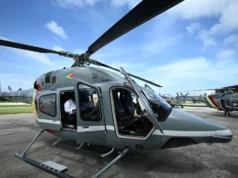Guyana is escalating its efforts to bolster national readiness for oil spill incidents through a four-day workshop focusing on oil spill contingency planning.
Hosted at the Guyana Police Force Headquarters, the workshop is facilitated by the Regional Activity Centre/Regional Marine Pollution Emergency, Information, and Training Centre for the Wider Caribbean Region (RAC/REMPEITC-Caribe).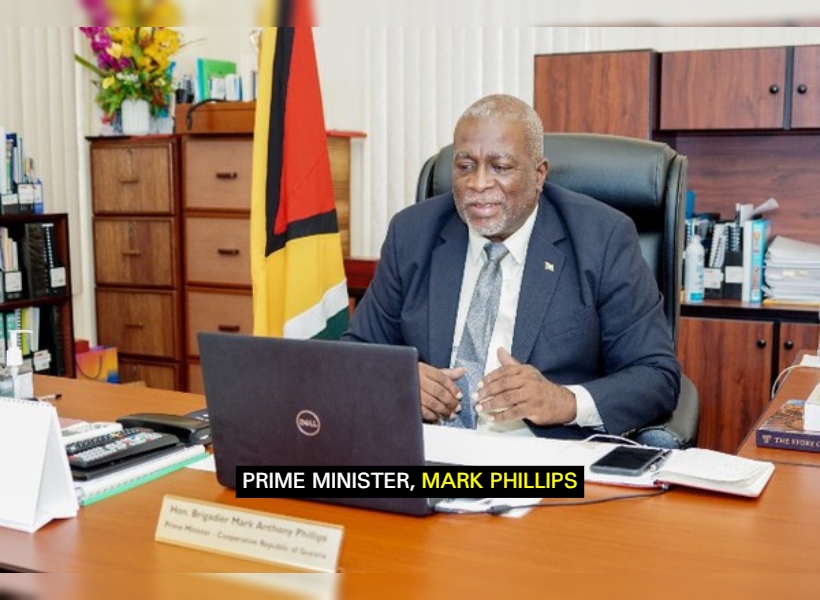
Prime Minister Brigadier (ret’d) Mark Phillips highlighted the critical nature of the workshop at the opening ceremony.
“This workshop is a vital step for us to deepen our understanding of oil spill contingency planning and sharpen the skills needed to effectively carry out our national oil spill contingency plan,” stated Prime Minister Phillips.
He noted that Guyana has maintained a national oil spill contingency plan since 2020, which underwent a practical exercise in 2022.
Furthermore, the Prime Minister mentioned that the workshop coincides with the ongoing efforts to draft the National Oil Spill Prevention and Management Bill 2024.
“We are poised to introduce this bill to the National Assembly to ensure legal backing for these efforts in Guyana. This workshop is a precursor to enacting this pivotal legislation, reinforcing our commitment to oil spill preparedness and response,” PM Phillips explained.
Prime Minister Phillips underscored that being prepared can significantly reduce the risks associated with the expanding oil and gas sector in Guyana. He warned that the consequences of an oil spill could profoundly affect various sectors, including tourism and fisheries, as well as the general health of the ecosystem.
Preparedness, he added, involves a thorough understanding of potential risks, a solid response strategy, and having the necessary resources and capabilities to respond promptly.
Effective readiness also requires cooperation among government bodies, industry stakeholders, the private sector, NGOs, and the public.
To date, Guyana has implemented several measures to enhance its oil spill response capabilities.
These include enacting the Petroleum Activities Bill 2023, which updates the outdated Petroleum Exploration and Production Act of 1986, ensuring that petroleum industry management is both responsible and contemporary.
Additionally, the government has tightened oil permits and environmental regulations to reduce liabilities and control environmental and economic impacts.
For example, in cases of excessive flaring, companies must pay compensation at a rate of US$5 per ton of carbon dioxide equivalent.
During the workshop, participants will engage with tools like the readiness evaluation tool for oil spills, aimed at identifying weaknesses in the national contingency plan and improving overall response strategies.
Matthew Martin, a representative from RAC/REMPEITC-Caribe, praised the significant strides made by the Guyanese government in preparing for oil spill emergencies.
“We have a strong foundation with the existing preparations for oil spill response, and over the next four days, we aim to refine the national oil spill contingency plan and boost preparedness, not just in Guyana but regionally,” Martin commented.
The workshop is supported by the International Maritime Organization (IMO), the United Nations Environmental Programme Regional Coordination Unit, and RAC/REMPEITC-Caribe.

